Women Journalists Play a Crucial Role in Communicating Palestine’s Oppression to the World
Israa Albhaisi:
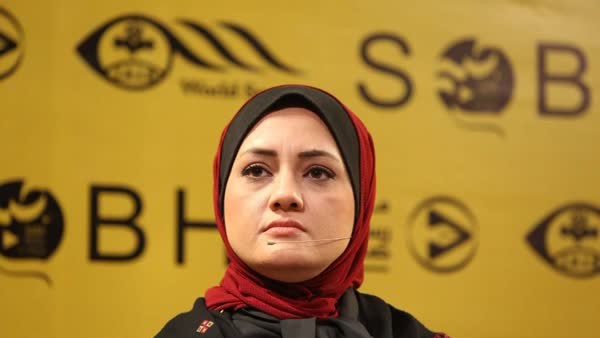
Israa Albhaisi, who came to Iran to participate in the Sobh International Media Festival, believes that “journalists should speak impartially, but in the events of Gaza and the oppression inflicted on the Palestinians, no journalist anywhere in the world can be a supporter of the people of Gaza.”
Israa Albhaisi, the reporter from Al-Alam News Network, is one of the special guests at the Sobh International Media Festival. She, who has a long history of covering events in Palestine and Gaza and has witnessed the oppression of the occupied Jerusalem regime against the Palestinian people, came to Iran with a collection of media narratives to communicate the message of the current oppression faced by the people of Gaza.
In the following, we have a conversation with this Palestinian journalist and media activist, which you can read in detail:
More than 7 months have passed since the war in the occupied areas, and we have witnessed various events. As a female reporter, you were present in the midst of the war from its inception and witnessed numerous events. My initial question is: What role did women play in the Gaza war?
If I want to examine the presence of Palestinian women in the Gaza war in general, I must point out the heavy burden that rests on their shoulders. Those who used to have the necessities of a simple and comfortable life now have to light a fire with wood and go to the river to find clean water. In fact, the relative prosperity they enjoyed before the war is now gone. In such a situation, parents should teach their children patience so that they can navigate this challenge while maintaining their normal routines.
Women journalists, including yourself, closely observe these challenges. What role have they played in shedding light on the oppressed women in Gaza?
Women journalists play a crucial role in conveying the message of the oppression of the Palestinian people to the world due to their unique perspectives and emotional insights. They provide better news coverage when dealing with war victims, particularly women and children who have lost their loved ones. This is attributed to the empathy and mutual understanding shared between female journalists and those impacted by the war.
Many times, the role of journalists goes beyond covering war scenes and delves into the personal lives of families affected by war. On the other hand, these reporters perform better when interacting with more vulnerable groups that have experienced more profound injuries. For example, babies who are born during a war may even lose their mothers in the very first days after birth.
It was months ago that an emotional picture of you during the war was published, which became the subject of many media reports worldwide. Do you think that a female reporter who witnesses these scenes up close should react emotionally or proceed based on rationality?
We all know that a journalist should speak impartially. However, I believe that no journalist anywhere in the world can remain unbiased when witnessing the events in Gaza and the cruelty inflicted on the Palestinians. If he does not support these people, his humanity should be doubted. This is why some Arab or non-Arab journalists who came to Gaza from different parts of the world could not maintain their neutrality in their news coverage.
On the other hand, the occupying regime has not been indifferent to Gaza journalists. They have targeted us journalists and our families many times. Therefore, we cannot take a neutral approach to the events.
You came to Iran to participate in the Sobh Media Festival, and one of the special aspects of this event is the focus on the Palestine issue.
In your opinion, what role do such events play in the globalization of the words of the Palestinian people and their message to the world?
I came here with my soul to convey the reality of journalism and the events happening there to the people of Iran. The Sobh Media Festival provided an opportunity for a number of well-known people in the field of journalism to gather and engage in discussions. During these meetings, they inquire about Gaza and its events. Having experienced the situation firsthand, I engage in personal discussions with them, sharing insights and exchanging opinions.
I witnessed the events unfolding in Gaza firsthand, and I believe I can provide the most accurate account to fellow journalists and media activists.
Based on this, I would like to express my gratitude to the Sobh Festival for its efforts to disseminate this impact to a wider audience by extensively covering events in Palestine.
Iran has a long history of news coverage on Palestine.
What components do you believe this festival should include in order to encompass all aspects of the Gaza war events?
There are various components in this festival that encompass all the events. For example, the written part communicates with some people, while the visual parts engage with artists. In my opinion, the primary objective is to effectively communicate the message, and any method is acceptable.
In the end, how did you assess the performance of the Iranian media regarding the Gaza issue?
Iran has a long history of news coverage on Palestine, and I must say that this coverage has been excellent thus far. Now, with the morning festival, a group of media elites will be added to the news coverage, and I believe positive developments will occur in this field.
The 2nd Sobh International Media Event, with Mohsen Yazdi as the festival director, was held from May 19–21 in three sections: “Main,” “IRIB World Service,” and “Palestine Special.”
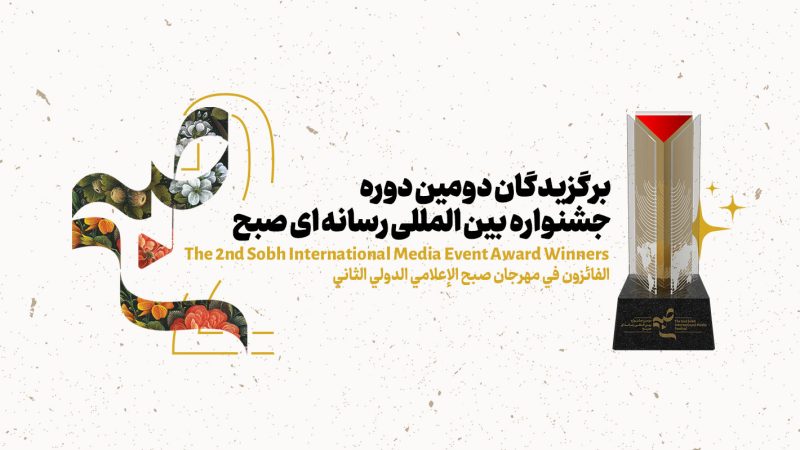
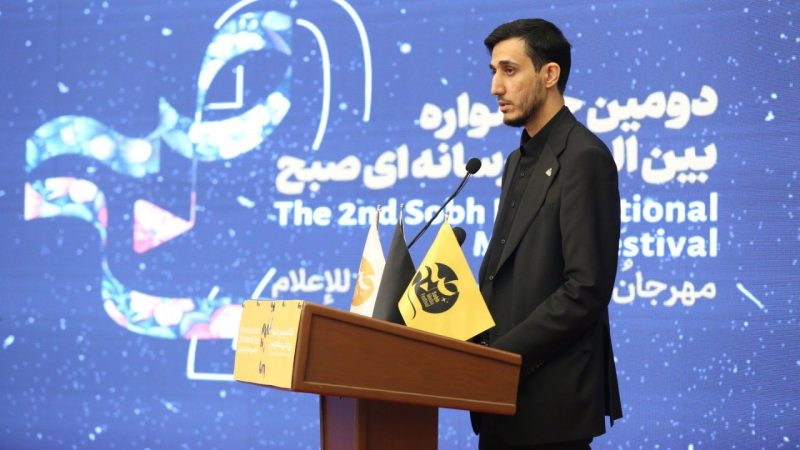
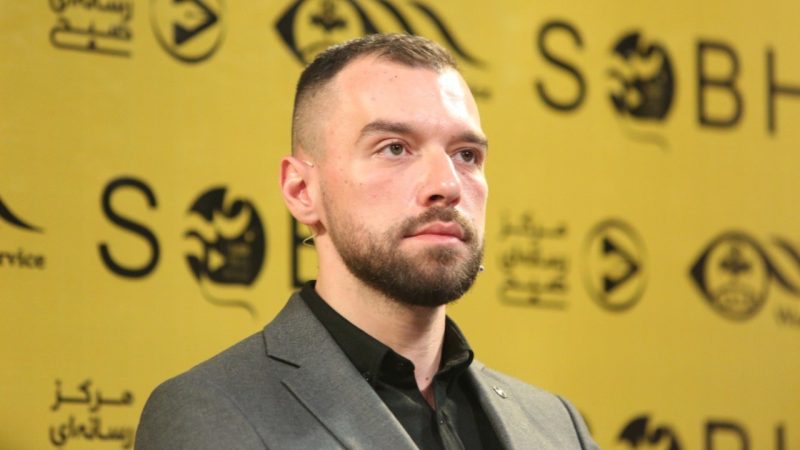
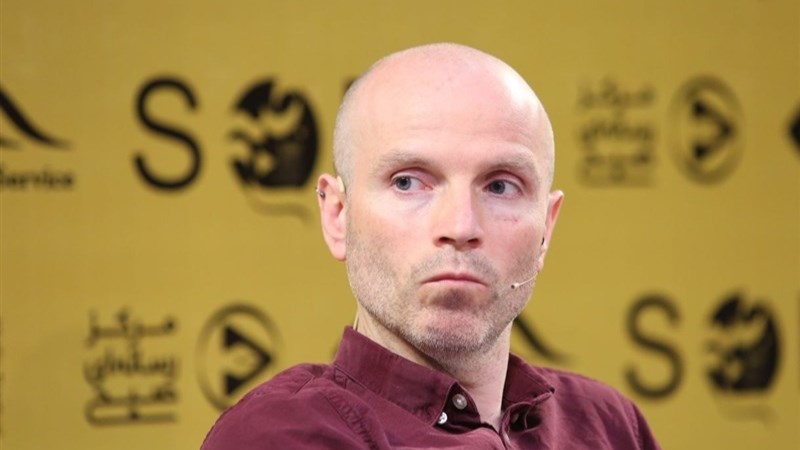
No Comments